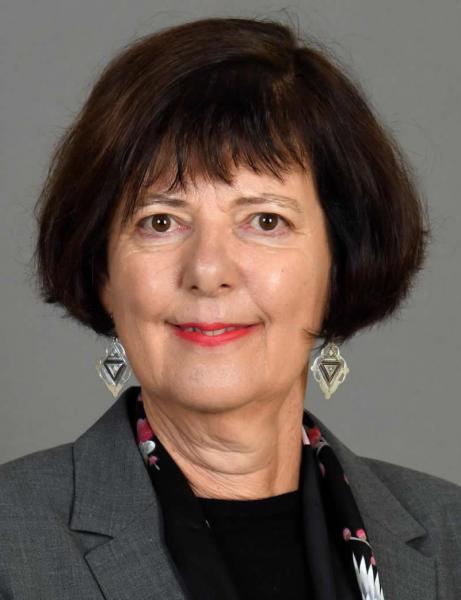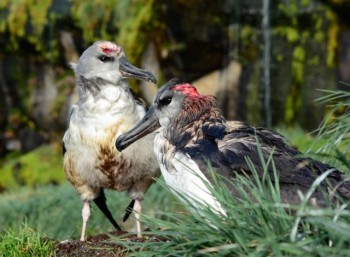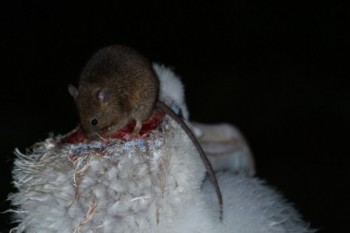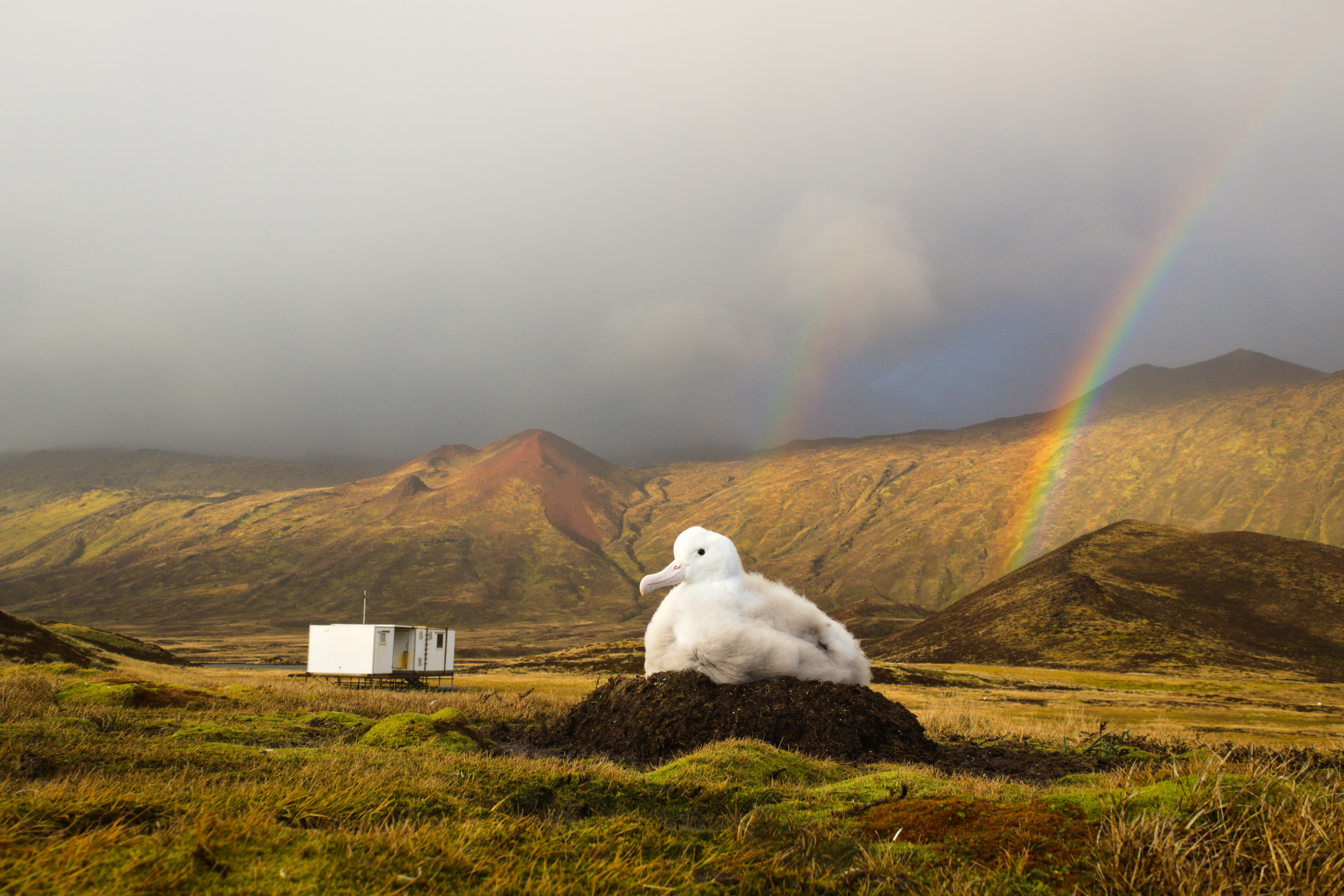
Barbara Creecy, Minister, South African Department of Forestry, Fisheries and the Environment
The Mouse-Free Marion Project is a partnership between the South African Department of Forestry, Fisheries and the Environment (DFFE) and the environmental NGO, BirdLife South Africa. In an ambitious undertaking, the MFM Project aims to remove the introduced House Mice Mus musculus which are endangering the long-term survival of the seabirds and other native species of South Africa’s sub-Antarctic Marion Island. Thought accidentally brought to Marion by sealers in the early 19th century, the mice have been inflicting devastating impacts on the ecology of the island by attacking and literally eating alive the chicks and even adults of both surface-nesting and burrowing seabirds, including at least seven ACAP-listed species.
The project has received the endorsement of the DFFE Minister Barbara Creecy who writes “Very few South Africans have visited, or will ever get a chance to visit, the country’s sub-Antarctic Marion Island. Yet hundreds are making their donations towards eradicating the island’s albatross-killing mice via the Mouse-Free Marion Project. As Minister of the Department, I wish it every success and urge you to support it in any way you can!”

These globally Endangered Grey-headed Albatross Thalassarche chrysostoma chicks will not survive overnight ‘scalping’ by Marion’s House Mice; photograph by Ben Dilley
Marion Island is home to globally important populations of seabirds, including a quarter of the world’s entire population of globally Vulnerable Wandering Albatrosses Diomedea exulans, an iconic species both famous in rhyme and for having the largest wingspan of any living bird. Three other albatross species breed on the island, along with many species of burrowing petrels, some still in huge numbers, as well as four species of penguins. Without immediate action, Marion Island’s seabirds face local extinction. Left unchecked, the mice are predicted to cause the disappearance of 18 of the 28 species of breeding seabirds currently found on the island.

A House Mouse feeds on the exposed head of a Wandering Albatross chick at night. The birds have evolved no protection against this alien invader, photograph by Stefan Schoombie
Ongoing warming due to climate change is providing more favourable conditions for mice and intensifying their impacts on Marion’s seabirds. Removing the mice will help secure the ecological integrity of this important sub-Antarctic island and a favourable future for its globally important seabirds. The project will also build capacity within South Africa’s conservation community for ongoing restoration efforts.
In the southern hemisphere winter of 2024 helicopters brought by sea across the ‘Roaring Forties’ from South Africa will spread rodenticide bait from underslung bait buckets in overlapping swathes across the entire island - the only method that has so far proven successful in eradicating rodents from large islands. At 30 000 hectares, Marion will be substantially larger than all previous rodent eradication efforts undertaken on islands in a single operation.

The MFM Project aims for a better future for this Wandering Albatross chick on Marion Island; photograph by Sean Evans
Read more endorsements of the MFM Project from within and outside South Africa here. To support the project though its ‘Sponsor a Hectare’ campaign click here.
NOTE: This news item has been adapted from one posted by the Birds on the Brink charity (click here).
John Cooper, ACAP Information Officer, 17 December 2021

 English
English  Français
Français  Español
Español